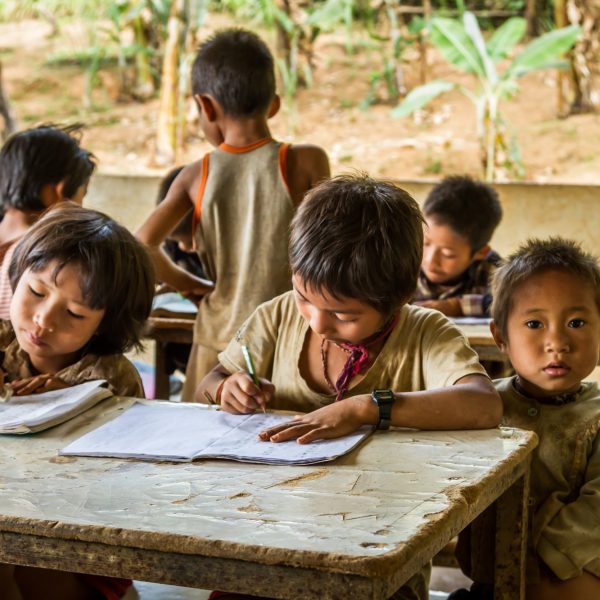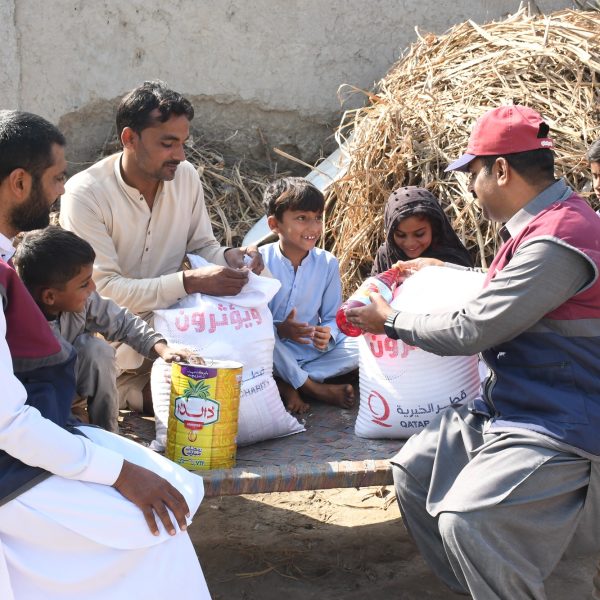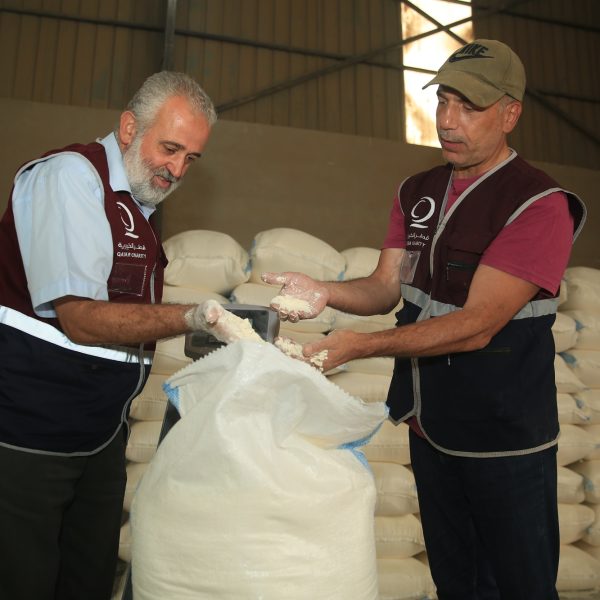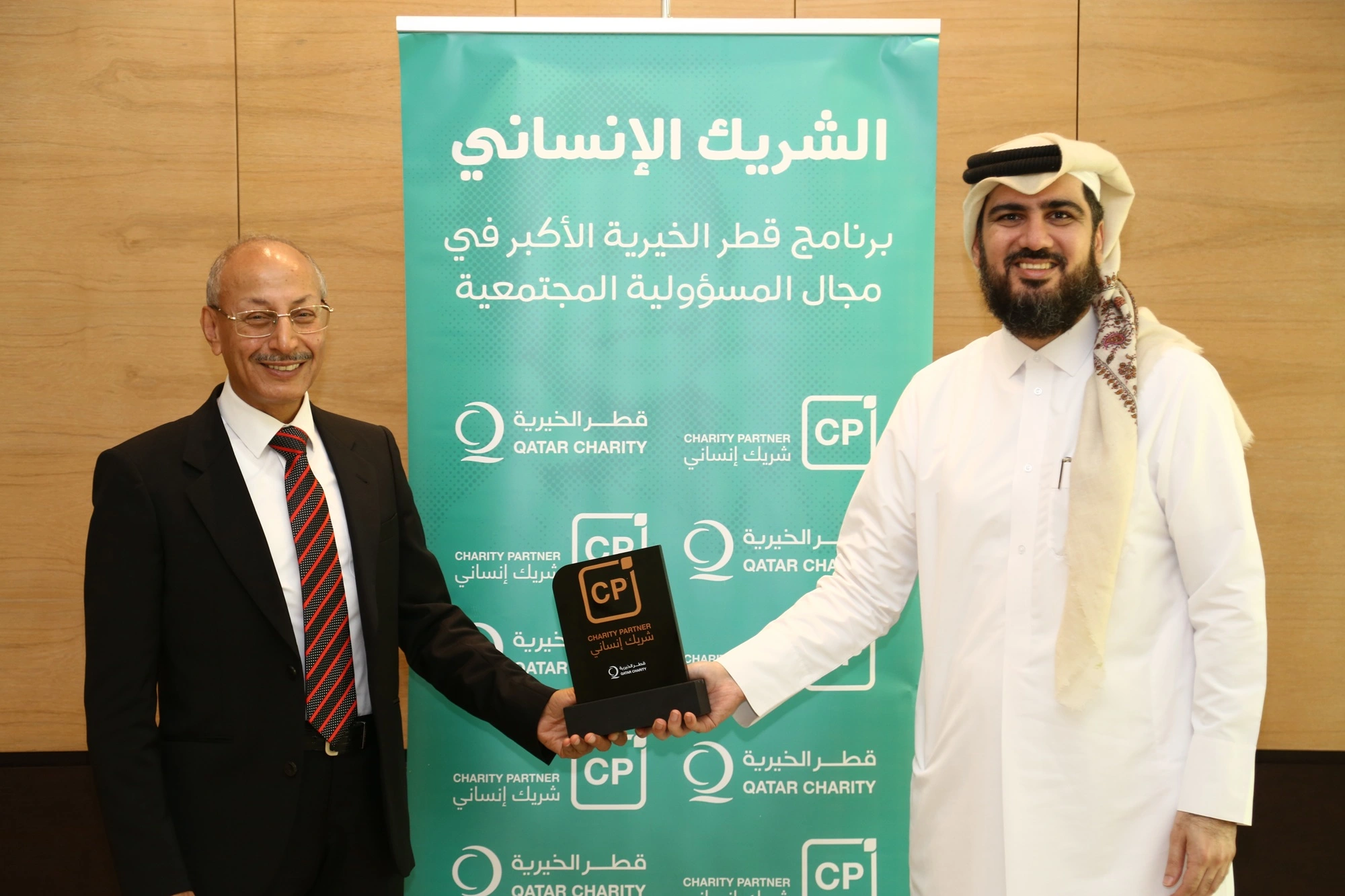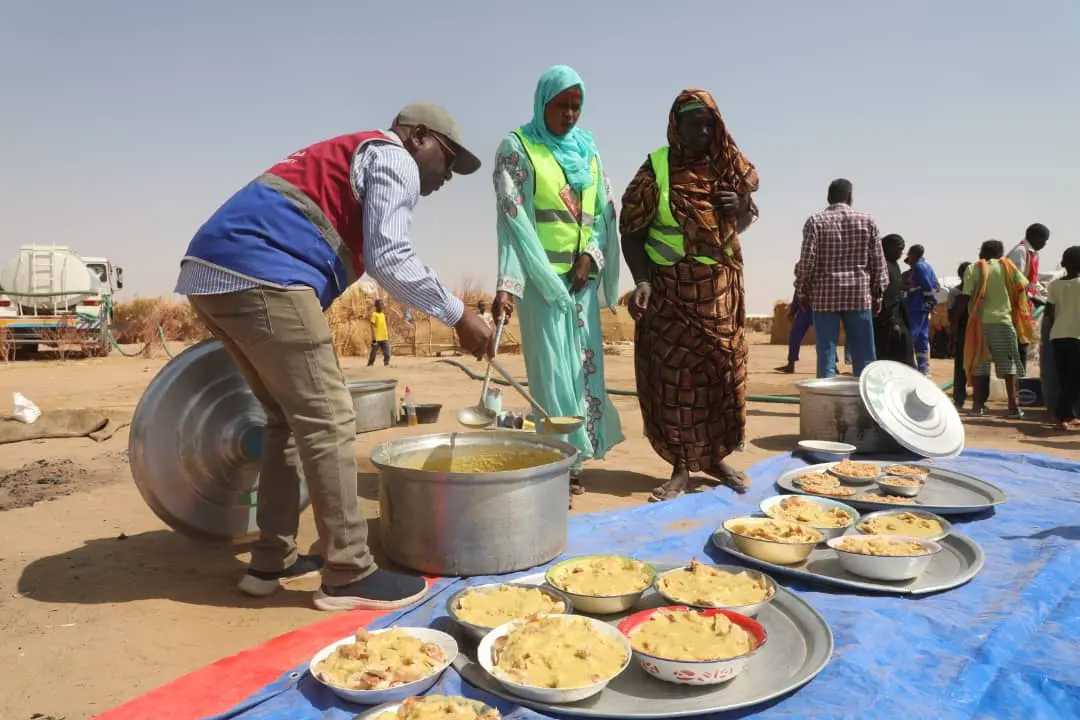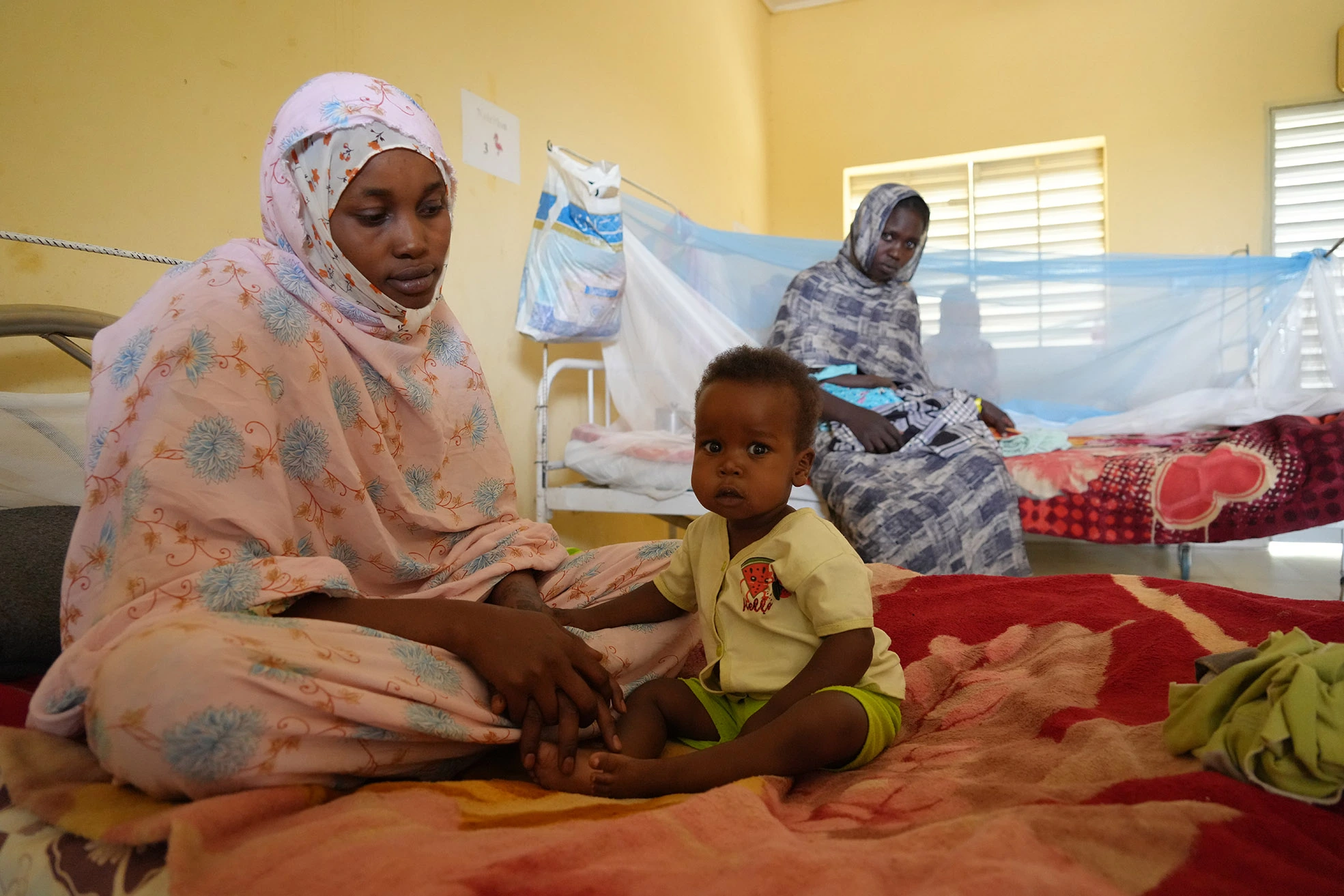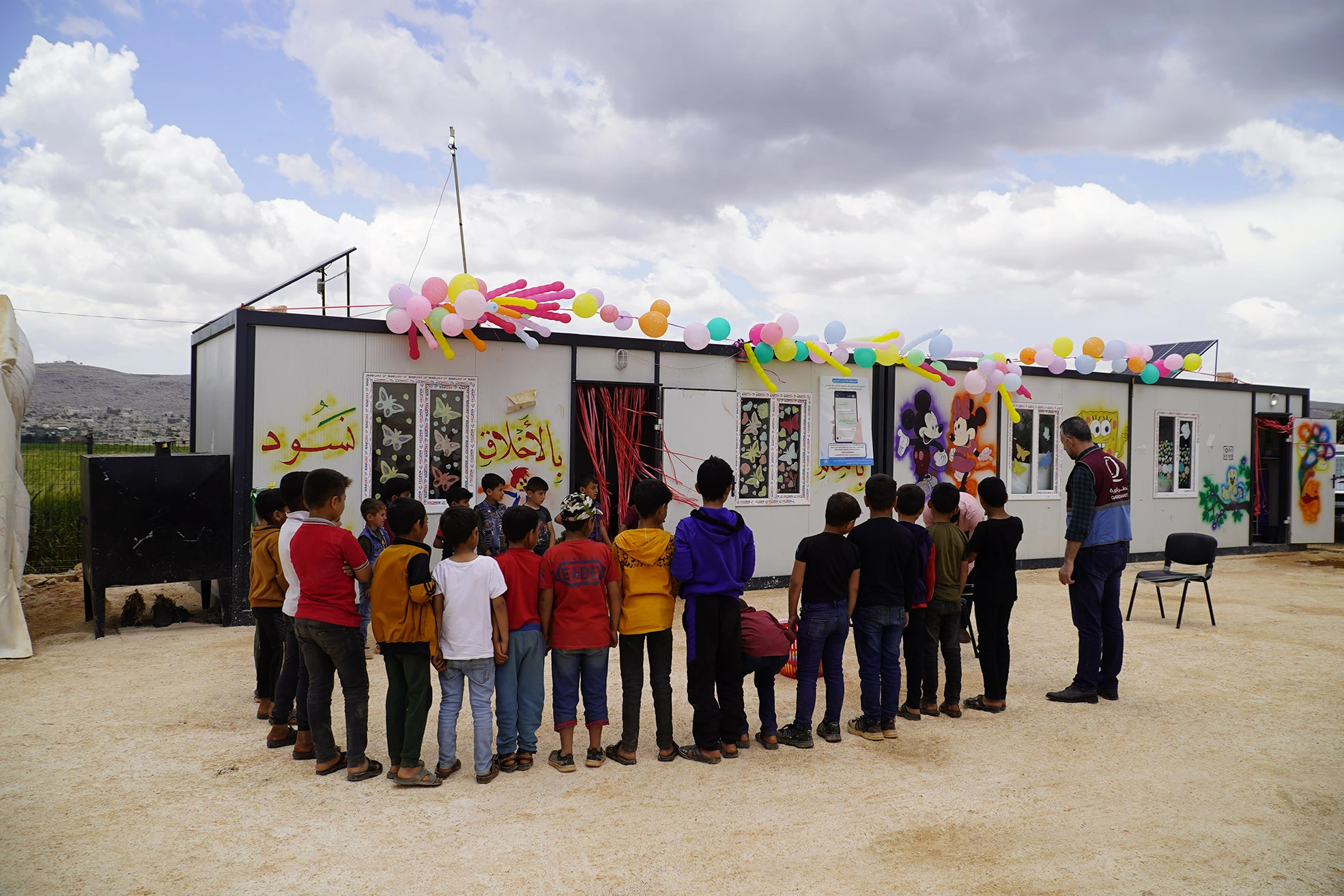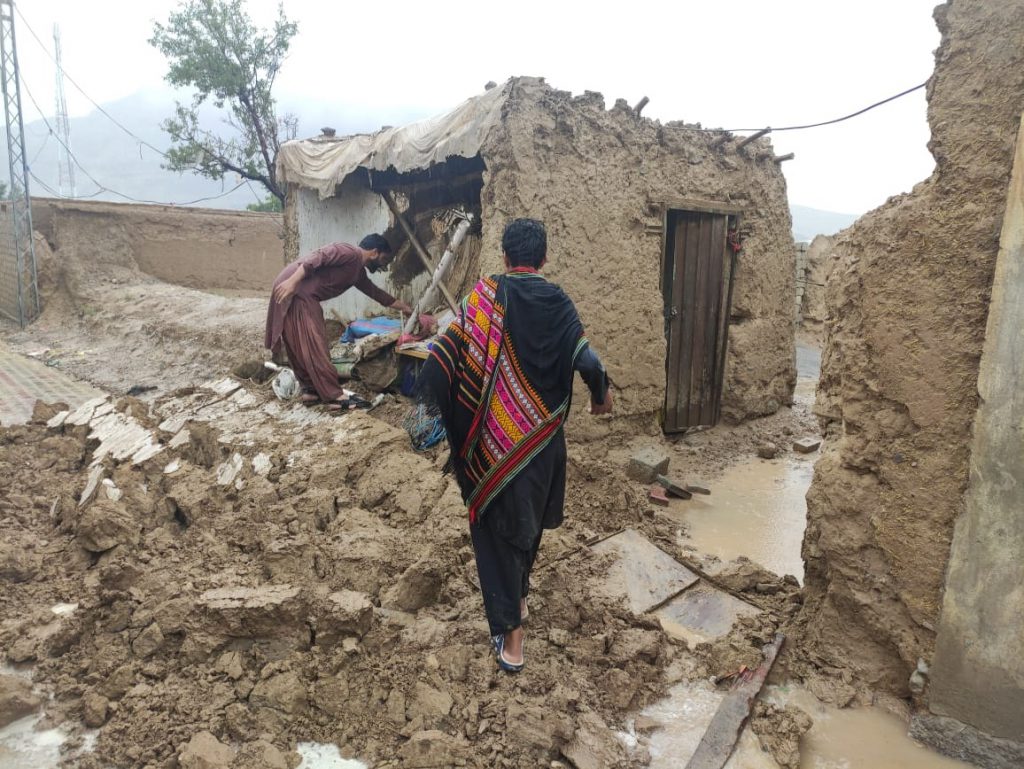As humanitarian crises escalate worldwide, Arab and Islamic charities are confronting unprecedented challenges not only in accessing crisis zones but also in facing unfounded legal accusations that undermine their neutrality and credibility.
Table of contents
- Rising Legal Hostility Toward Arab and Islamic Charities
- Case Review: U.S. Courts Dismiss Lawsuits Against Qatar Charity
- Governance and Transparency: Strategic Lines of Defense
- Strategic Communication: A New Frontline in Humanitarian Defense
- A Call to Protect Humanitarian Work from Politicization
- Frequently Asked Questions
The recent Qatar Charity case in the United States exemplifies this form of “lawfare” the deliberate misuse of legal systems as political tools to obstruct humanitarian work.
Rising Legal Hostility Toward Arab and Islamic Charities
In recent years, a growing number of Arab and Islamic charitable organizations particularly those active in conflict areas have been subjected to allegations of “terror financing” or “supporting extremist groups.”
While most of these lawsuits lack credible evidence, they leave deep reputational scars and impede the delivery of essential aid.
The lawsuits filed against Qatar Charity in the U.S. are a prime example of this pattern: a politicized misuse of legal procedures designed to intimidate and discredit humanitarian actors.
Case Review: U.S. Courts Dismiss Lawsuits Against Qatar Charity
Qatar Charity recently announced the dismissal of all lawsuits filed against it in the United States, which had falsely accused the organization of supporting extremist groups in Syria and Palestine.
The evidence presented by the plaintiffs has proven fabricated, leading to the withdrawal of all claims. American courts have since initiated proceedings to identify those responsible for the falsification.
This legal victory represents far more than an institutional vindication it reaffirms Qatar Charity’s integrity, the strength of its governance framework, and its firm commitment to international humanitarian and financial standards.
The organization’s partnerships with the United Nations, as well as with global accountability networks such as CHS Alliance, Start Network, and BOND, underscore its compliance with global best practices.
Lawfare: When Law Becomes a Political Weapon
The Qatar Charity case highlights a troubling global trend: the weaponization of the law to undermine humanitarian organizations, particularly those working in politically sensitive areas like Palestine.
These tactics do not merely target institutions they disrupt aid flows to millions in need, draining charitable resources through prolonged litigation instead of enabling them to focus on lifesaving operations.
Qatar Charity has warned that this phenomenon threatens reconstruction and recovery efforts, particularly amid worsening crises in Gaza and other regions. The organization has urged the international community to protect humanitarian neutrality and prevent the politicization of aid.
Key Challenges Facing Arab and Islamic Charities
Despite adhering to international standards, Arab and Islamic charities continue to face a range of systemic obstacles
| Challenge | Impact |
| Stringent financial oversight | Unfairly links humanitarian work to security issues |
| Weak international legal protection | Leaves organizations exposed to targeted legal action |
| Negative media portrayal | Shape’spublic opinion against Arab and Islamic charities |
| Declining partner confidence | Reduces access to funding and collaboration opportunities |
Similar challenges have also affected Turkish humanitarian organizations operating in Syria, which faced legal restrictions based on unsubstantiated claims.
Governance and Transparency: Strategic Lines of Defense
Qatar Charity’s experience illustrates that good governance and institutional transparency are not merely administrative formalities but strategic shields against false accusations.
Comprehensive financial audits, rigorous partner verification processes, and transparent donor reporting systems are essential mechanisms that reinforce credibility and build long-term trust.
Active participation in global accountability networks — including CHS Alliance, Start Network, and BOND — further strengthens organizational resilience and provides both moral and institutional protection from politically motivated attacks.
Strategic Communication: A New Frontline in Humanitarian Defense
In addition to legal defense, humanitarian organizations must invest in strategic communication to counter disinformation and protect their reputations.
An effective communication strategy should include:
• Crafting a professional, values-based narrative that highlights transparency and humanitarian principles
• Establishing trained crisis communication teams capable of timely and credible responses
• Using digital platforms to document and share verified field achievements through storytelling, photos, and video
• Partnering with independent media outlets to ensure that humanitarian work is represented fairly and free from political bias
Such efforts not only defend institutional reputation but also reshape public perception and reaffirm the authentic spirit of humanitarian action.
A Call to Protect Humanitarian Work from Politicization
The case of Qatar Charity serves as a powerful reminder of the need to uphold neutrality, impartiality, and humanity in global humanitarian efforts.
Aid must reach those in need regardless of a charity’s origin, identity, or geography.
Protecting independent humanitarian work is a shared responsibility among the international community, United Nations agencies, donors, and the media.
Humanity must remain above politics — and those who extend a helping hand should never be punished for their compassion.
Frequently Asked Questions
• All lawsuits filed in the U.S. against Qatar Charity were dismissed after the evidence was found to be fabricated.
• Plaintiffs withdrew their claims, and U.S. courts-initiated proceedings to identify those responsible for falsification.
• The outcome demonstrates the charity’s strong governance, transparency, and adherence to international standards.
Lawfare refers to the exploitation of legal systems to obstruct humanitarian work by:
• Filing baseless lawsuits without credible evidence
• Diverting financial and human resources to costly legal defenses
• Damaging reputations through coordinated media campaigns
• Undermining recovery and reconstruction in conflict zones like Gaza
For Qatar Charity, governance is not procedural — it is protective. Key components include:
1. Regular financial and compliance audits.
2. Vetting and verification of all partnerships.
3. Transparent donor reporting mechanisms.
4. Membership in international accountability platforms such as CHS Alliance, Start Network, and BOND.
Because defending reputation requires proactive communication:
1. Clear, credible messaging centered on humanitarian values.
2. Professional crisis communication and rapid response systems.
3. Authentic storytelling and field documentation.
4. Partnerships with reputable media to amplify accurate narratives.
Qatar Charity emphasizes that:
• Aid should be delivered based solely on human need
• Humanitarian neutrality must be safeguarded through global cooperation
• The international community must ensure that empathy is never criminalized


